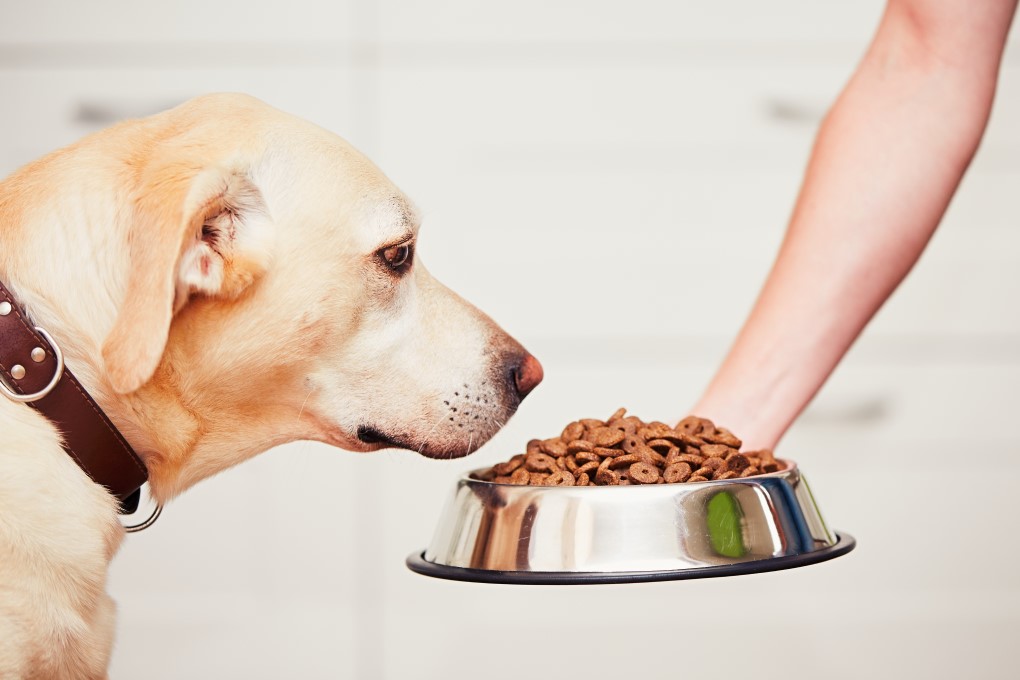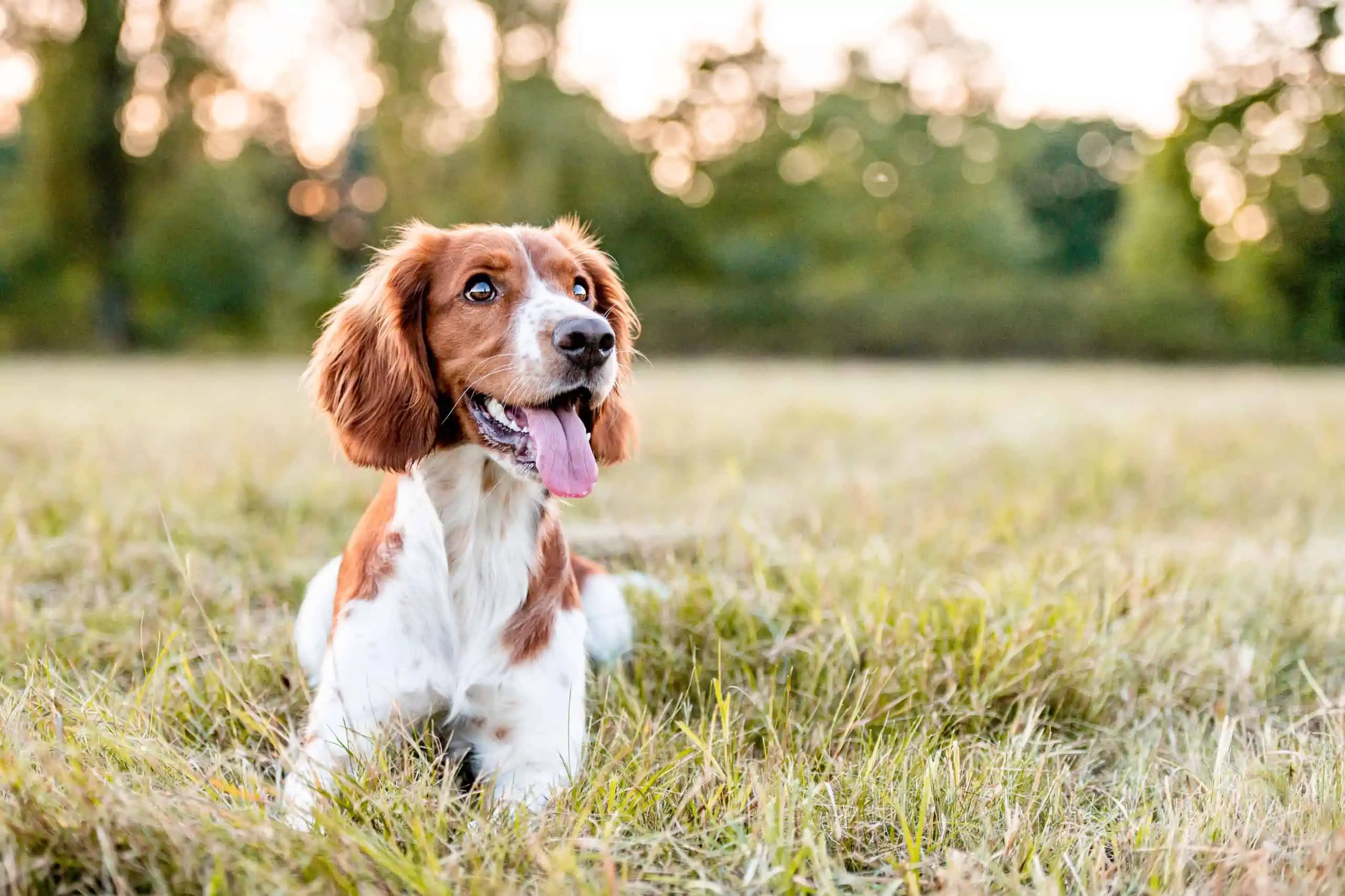What is kennel cough?
Kennel cough is the term given to a type of respiratory infection in dogs. Infectious canine tracheobronchitis, to use its more scientific name, is a highly contagious condition that can strike our four-legged friends down at any time.
Just like with the human cold, it is caused by a variety of bacteria and viruses, and is transmittable from dog to dog through airborne droplets brought about by sneezing or coughing.
It is often found in dogs after they have been in kennels, shelters, or other boarding facilities – hence the name ‘kennel cough’.
The virus can also be spread by coming into direct contact with an infected pet, or through the sharing of contaminated objects such as food and water bowls, or toys. Other factors that can increase the chance of your pup catching this nasty canine cough include cold temperatures, poorly ventilated areas, and any other situation where they may be in close proximity with a large number of dogs.
Is kennel cough serious?
In most cases, kennel cough’s bark is actually far worse than its bite. White it certainly won’t be pleasant listening to your furry friend struggle with a terrible sounding cough, or even watching them cough up phlegm, you can rest assured there’s very rarely a need for medical intervention.
Kennel cough is not fatal, although for young puppies, older dogs or dogs with underlying health conditions, the virus can be much more serious. In rare cases, it may even develop into bronchopneumonia or chronic bronchitis, symptoms of which include wheezing, difficulty breathing and even vomiting.
These can cause severe illness, and if you believe your dog is suffering from either condition then you should contact a vet immediately.
What are the symptoms of kennel cough?
- Persistent, dry hacking cough.
- Sneezing.
- Runny nose.
- Discharge from eye.
- Loss of appetite.
- Lethargy.
- Higher temperature.
Treatment for kennel cough
Mild cases of kennel cough tend to go away after a week or two without the need for treatment. That doesn’t mean your four-legged friend won’t be experiencing a few aches and pains while suffering from its effects though. There are a number of things you can do, while nursing them back to full health, to help alleviate any discomfort.
Make sure they’re drinking enough water. Keeping them hydrated will enable their body to fight off the virus more effectively. Also, place a humidifier near to where they sleep. This will add moisture to the air, and should help relieve a sore throat.
Good old rest and relaxation is then the best course of action.
Don’t let your furry friend go outside, especially if it’s cold, and inform the rest of the house that play sessions are postponed until they’re back to full health.
If you’re concerned the cough is getting worse, or it has lasted longer than a month, book an appointment with the vet. Further rest will most likely be advised, but they may also prescribe antibiotics, cough medicines or vaporizers to bolster the treatment.
For any pet parents who are worried about their furry one’s contracting kennel cough, especially during the winter months, precautions can be taken. The Bordetella vaccine, an intra-nasal spray that can be administered annually, works to try and protect dogs from catching the virus as well as lessening the severity of symptoms if they were to get infected. If you have any questions about vaccines then speak to your vet who should be able to advise accordingly.
If you enjoyed this guide, you’ll also love:






